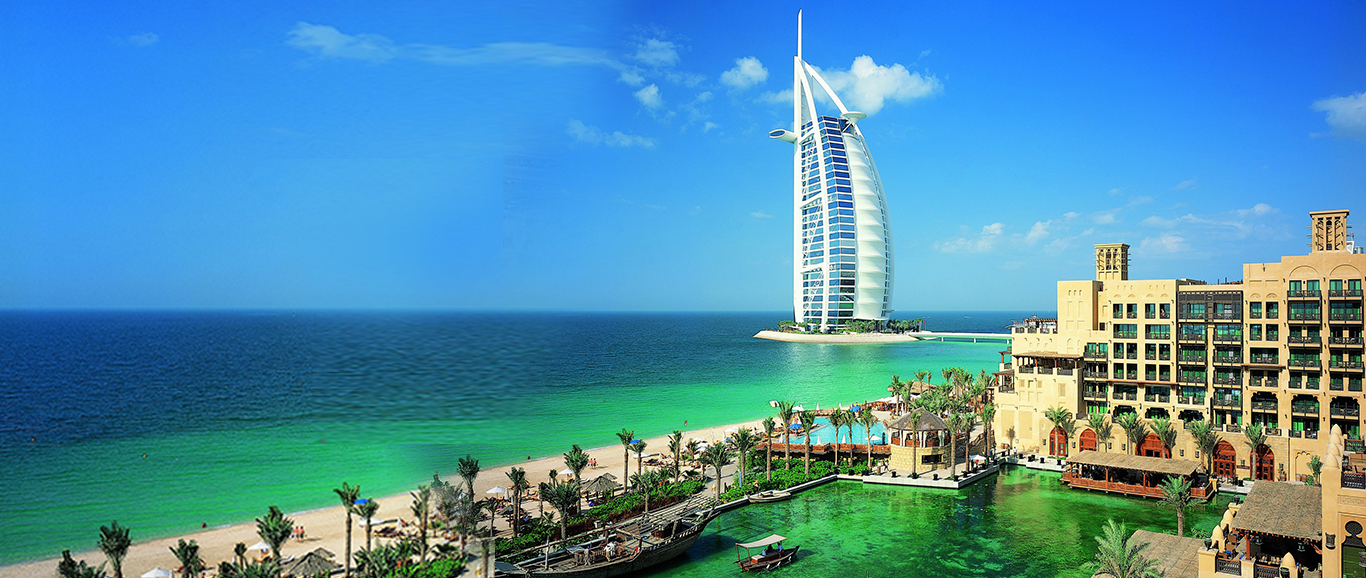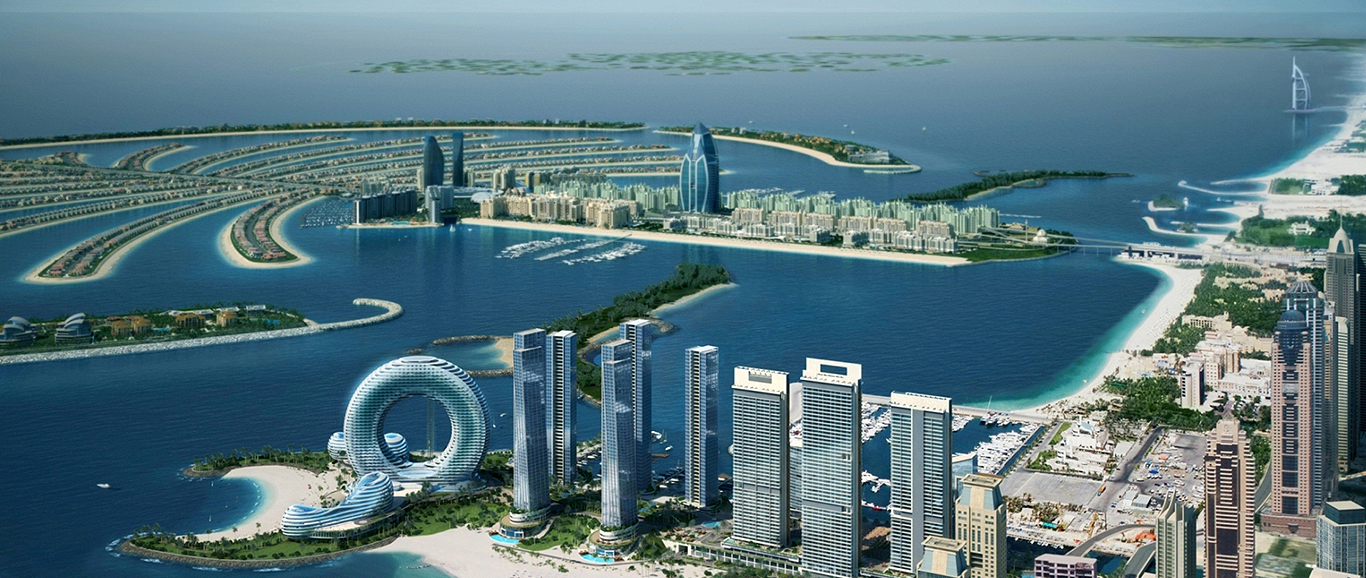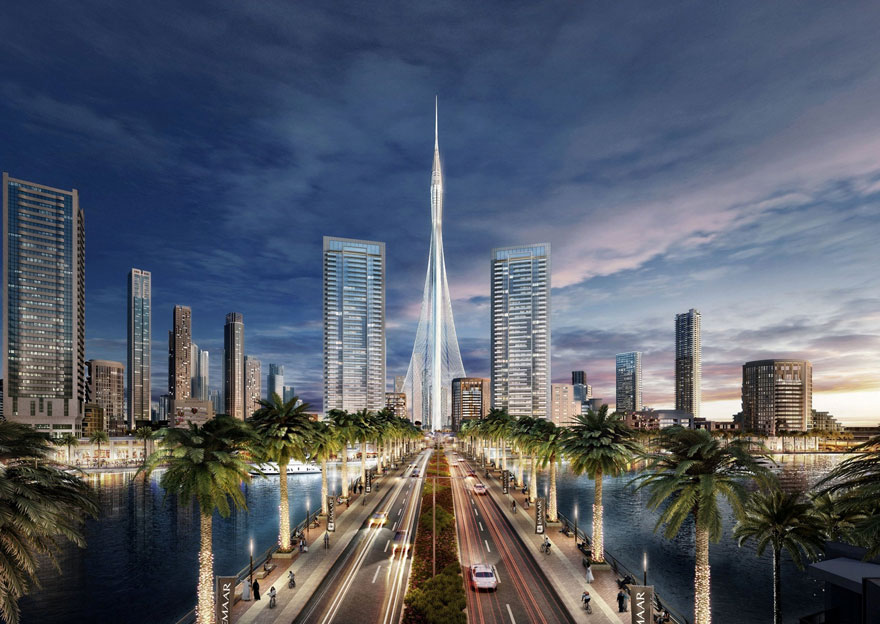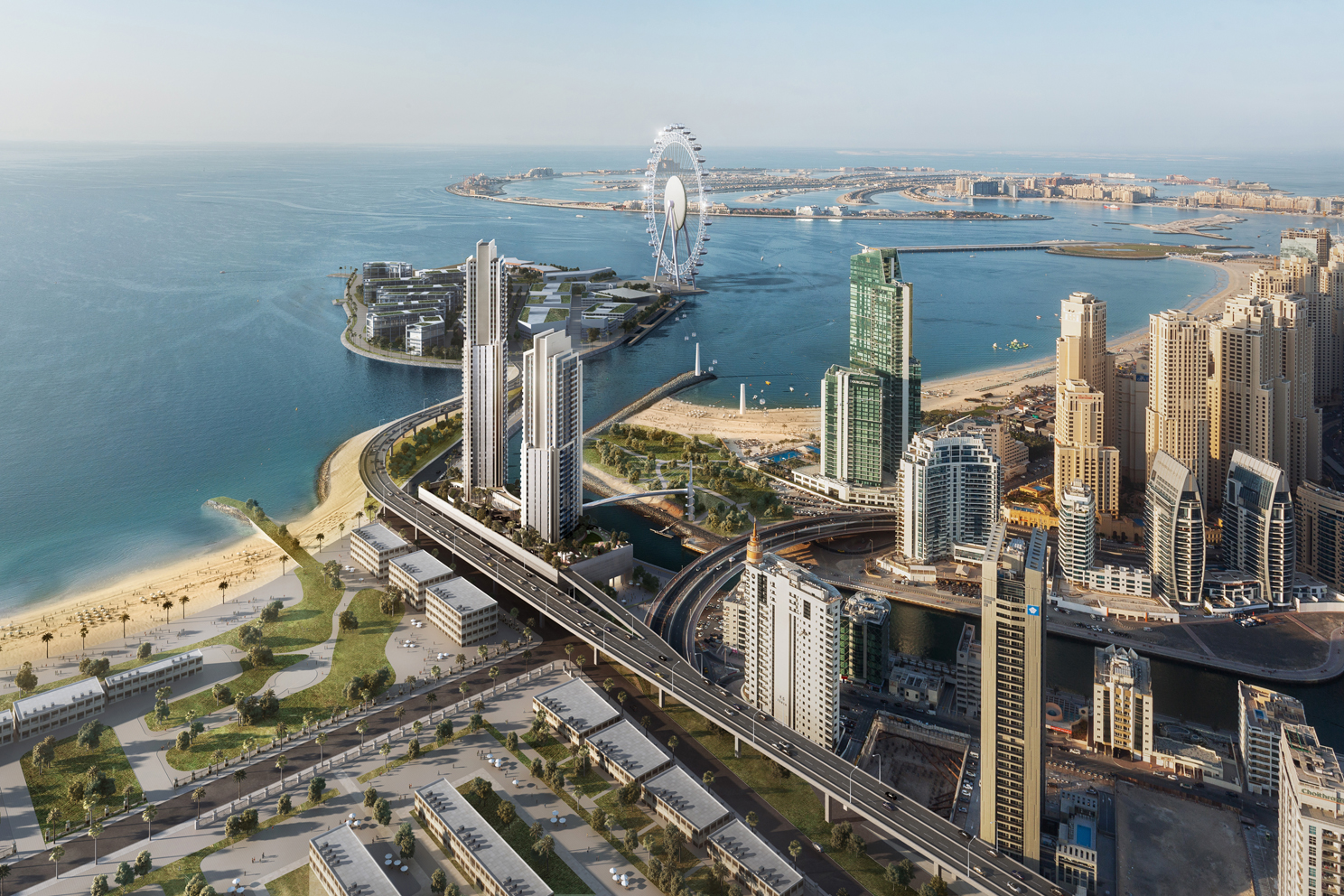




Getting Around
Buses run between Dubai International Airport and Deira bus station every half hour, and metered, beige-colored Dubai Transport taxis take new arrivals to any point in the Deira or Bur Dubai city centers.
Local buses run from the Deira bus station, near the gold souq, and the Bur Dubai Station on Al-Ghubaiba Rd. Monthly bus passes, known as taufeer, get you unlimited travel on either side of Dubai Creek and all over the city.
Driving in the city of Dubai is considered an extreme sport. If you want to rent a car, bring your credit card and a copy of your passport. Drinking and driving will get you jail time on top of a stiff fine. Note that all accidents, no matter how small, must be reported to the police.
The older parts of Dubai, with their souqs, fascinating architecture and museums, are best seen on foot. Abras criss-cross Dubai Creek from early morning until around midnight, and are a great, inexpensive way to see the city.
Getting There & Away
Dubai International Airport (DXB) has recently undergone a US$540 million expansion. New facilities include a spa, business and conference rooms, a five-star hotel and, of course, an expanded duty-free store, enlarging what was already one of the biggest in the world. The airport has a long-standing reputation as the Gulf's travel hub.
The national carrier is Emirates, which flies to some 45 destinations in the Middle East, Europe, Australia, Africa and the Indian Subcontinent. For all the talk of free markets, air fares out of the UAE are just as strictly regulated as anywhere else; there are no bucket shops. There is no departure tax leaving Dubai International Airport, although there may be in the future.
Buses run throughout the region to other parts of the UAE and surrounding countries. Within the UAE, the only intercity bus route you're likely to use runs to Hatta from the Deira bus station. To get to most other cities in the Emirates, take a Dubai Transport minibus. There are two buses a day to Muscat, Oman. Balawi Bus Service runs to Jordan twice weekly and Egypt on Wednesdays. To arrange buses to Saudi Arabia, Lebanon and Syria, you'll need to go to Abu Dhabi.
Long-distance taxis can take you to any other emirate on a shared or 'engaged' basis (which means you'll either have to fill all five seats or pay for them). Settle the price before you leave. There is a Dh20 tax as you cross the UAE border by land.
Passenger ferries make the 12-hour trip between Sharjah (a twenty-minute drive from Dubai) and the port of Bandare Abbas in Iran daily. A passenger and car ferry runs from Jebel Ali (30 minutes south of the city center) and Umm Qasr Port in Iraq every Saturday. If you leave the UAE by boat, there's a Dh20 port tax.
Government
The Supreme Council of the UAE, comprising the hereditary rulers of the seven emirates, is the highest federal authority. It is responsible for general policy matters involving communications, education, defence, foreign affairs and development, and for ratifying federal laws.
The Federal Council of Ministers, responsible to the Supreme Council, has executive authority to initiate and implement laws. The Federal National Council is a consultative assembly of 40 representatives who are appointed for two years by the individual emirates. The council monitors and debates government policy but has no power of veto.
While Abu Dhabi is the centre of federal government activities, most ministerial departments also maintain offices in Dubai.
Or leave a call back request and we will getback to you as soon as posible